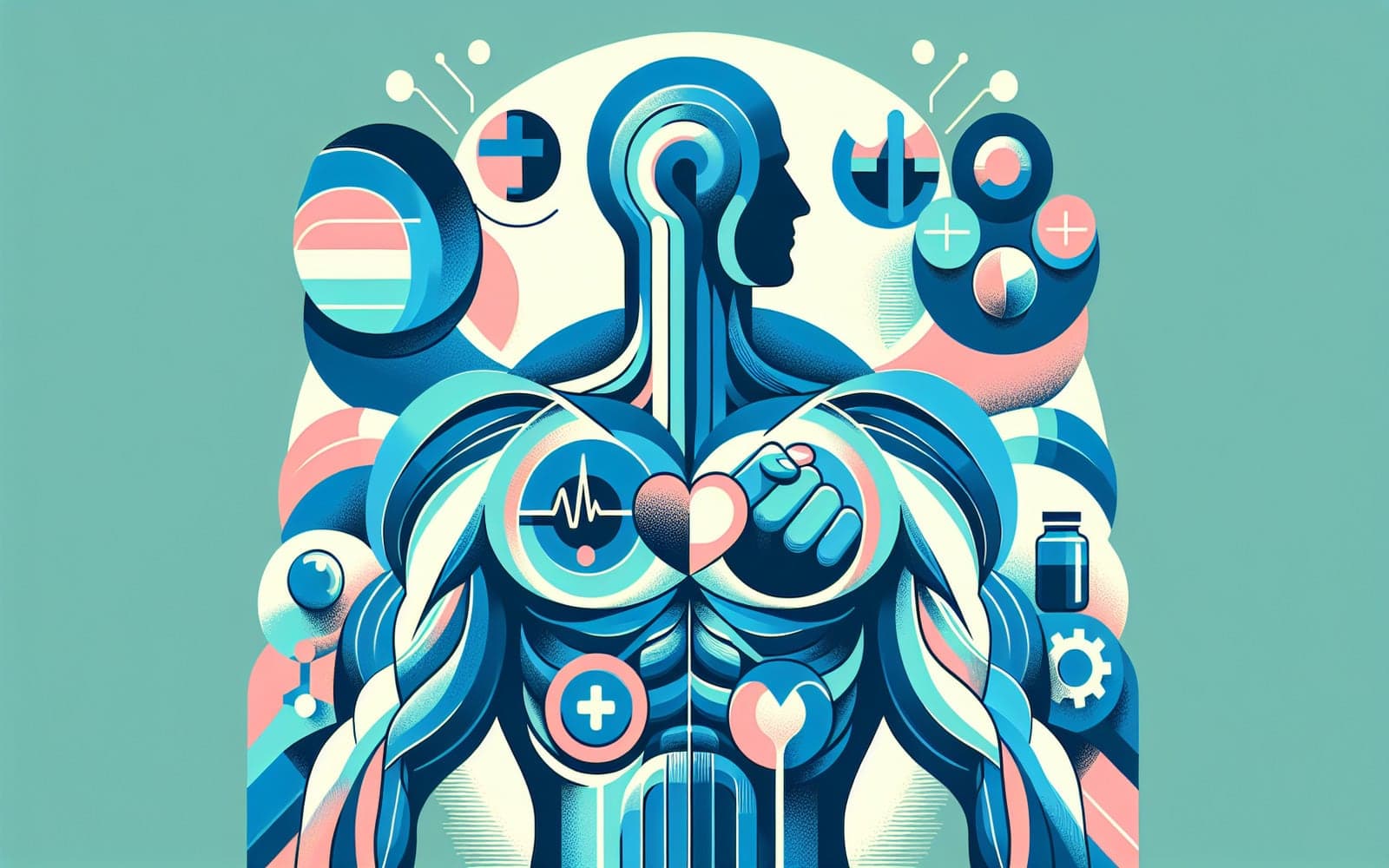Are You at Risk? Factors That Increase Your Chances of Muscle Weakness
Published: Oct 01, 2023
Muscle weakness can affect anyone, but certain factors can increase your risk. Knowing these risk factors can help you take proactive steps to maintain muscle health and strength.
Contents
Lifestyle Factors That Impact Muscle Health
Several lifestyle choices can influence your risk of developing muscle weakness. A sedentary lifestyle with little physical activity can lead to muscle deconditioning and weakness over time. Poor nutrition, particularly diets low in protein and essential vitamins, can impair muscle function. Excessive alcohol consumption and smoking are also associated with increased risk of muscle weakness.
Medical Conditions and Medications
Certain medical conditions increase the risk of muscle weakness. These include chronic diseases like diabetes, thyroid disorders, and autoimmune conditions. Long-term use of medications such as corticosteroids or statins can also contribute to muscle weakness. Additionally, a family history of genetic muscle disorders may increase your risk.

Age and Gender Considerations
Age plays a significant role in muscle health. As we get older, we naturally lose muscle mass and strength, a process called sarcopenia. This makes older adults more susceptible to muscle weakness. Gender can also influence risk, with some muscle disorders being more common in males or females.
Frequently Asked Questions
Yes, obesity can contribute to muscle weakness and reduced mobility.
Chronic stress can indirectly contribute to muscle weakness through various mechanisms.
While some decline is normal, regular exercise can significantly slow age-related muscle loss.
Key Takeaways
Understanding your risk factors for muscle weakness empowers you to take preventive action and maintain optimal muscle health.
Concerned about your risk for muscle weakness? Discuss your risk factors and prevention strategies with Doctronic today.Related Articles
References
Larson ST, Wilbur J. Muscle Weakness in Adults: Evaluation and Differential Diagnosis. Am Fam Physician 2020; 101:95.
Miller TM, Layzer RB. Muscle cramps. Muscle Nerve 2005; 32:431.
Always discuss health information with your healthcare provider.

